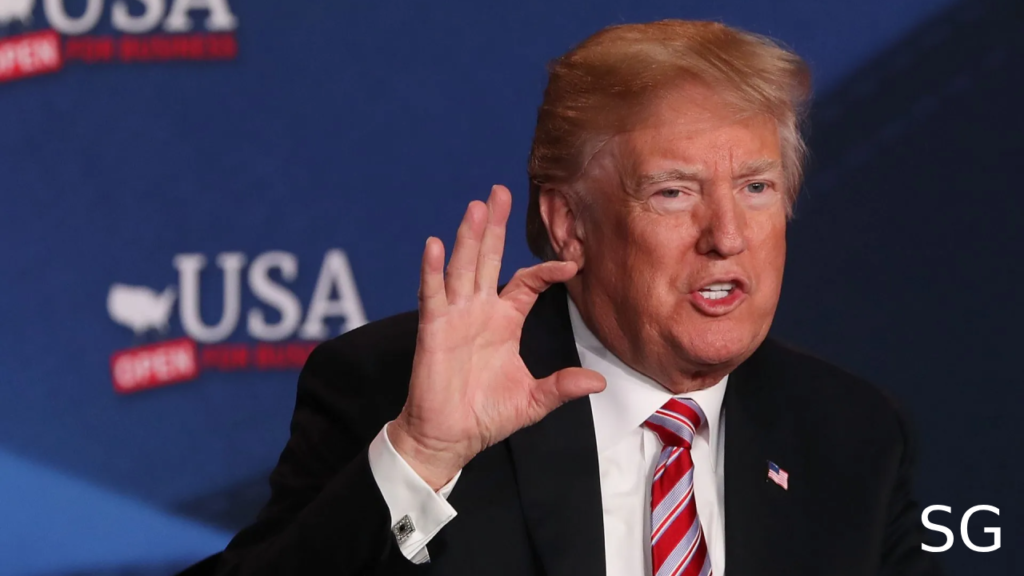Table of Contents

Trump Tax Cuts 2025 Fiscal Challenges and Bond Market Concerns
Rising Concerns Over Fiscal Stability
As Donald Trump prepares to return to power, his plan to extend the 2017 tax cuts is raising concerns among Republican allies and financial markets. The estimated $4 trillion cost over the next decade comes at a time when the U.S. debt has surged to $36 trillion, growing by $2 trillion annually. Lawmakers warn that this aggressive fiscal agenda could amplify signs of strain in the bond market.
Bond Market Nervousness
Republican Representative Ralph Norman noted that bond buyers are increasingly uneasy about the government’s ability to manage its debt. Treasury yields have surged, with the 10-year bond reaching 4.79%, its highest since November 2023, before settling at 4.66%. “If we can’t sell bonds, guess what? We’re in a ditch,” Norman cautioned.
Debt Ceiling Deadline Approaches
Congress faces a mid-year deadline to address the debt ceiling, with the risk of default looming after a prior attempt to resolve the issue was rejected. The fiscal uncertainty is adding pressure to address these challenges before they disrupt the economy further.
Partisan Debate Over Tax Cuts
Republicans argue that extending the Trump tax cuts 2025 fiscal challenges will spur economic growth, but Democrats warn these cuts mainly benefit corporations and the wealthy, worsening fiscal inequality. Democratic Senator Chris Murphy accused Trump of using distractions, such as remarks about acquiring foreign territories, to divert attention from the tax cuts’ potential fiscal impact.
Spending Cuts to Offset the Deficit
To counterbalance the tax cuts, Trump has tasked Tesla CEO Elon Musk with identifying ways to reduce federal spending. Musk proposed cutting $1 trillion annually, acknowledging this as a challenging goal. House Republicans have suggested $5.7 trillion in spending reductions over a decade, targeting Medicaid, the Affordable Care Act, and other programs.
Deficit Reduction as a Priority
Republicans plan to leverage budget reconciliation to push through their agenda, bypassing Senate filibusters. Representative Andy Barr emphasized that a credible deficit-reduction strategy could help reassure bond markets, lower Treasury yields, and reduce borrowing costs for Americans. “This is about lowering your mortgage payment,” Barr explained, aiming to balance fiscal responsibility with public support.
As Congress navigates the Trump tax cuts 2025 fiscal challenges, the debate over tax policies and spending cuts will shape the nation’s economic trajectory for years to come.